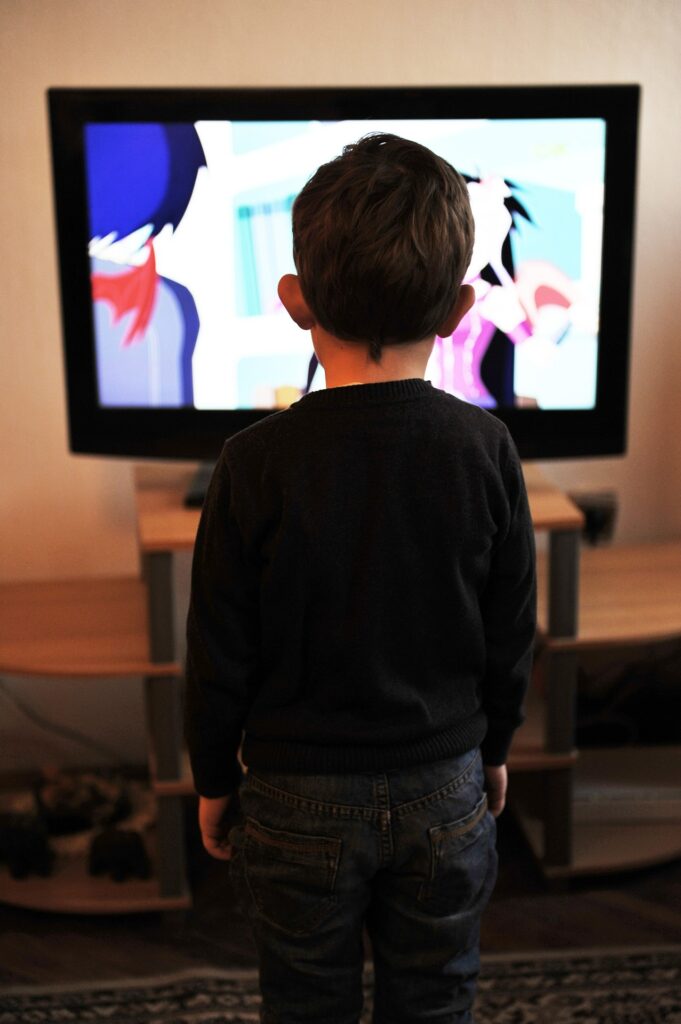Here’s what I said in a letter published on the Baltimore Sun editorial page years ago:
“If a restaurant ad said, ‘Bring your gluttonous self to ravage our food,’ would you think they respected you as a customer? What if a theater advertised, ‘come with your silly friends to see our flick”? … The Maryland Science Center’s dinosaur exhibit is advertising with a campaign that says, ‘Bring your little monster to see ours.’ My 5-year-old has seen this ad during cartoon programs and thinks it means to take his toy dinosaurs with him to the Science Center. Poor kid doesn’t know he’s being insulted…”
Sheesh, what a crank I was! … Or was I?
At that time, I was on a content design team for a children’s educational TV series that also included members from the National Science Teachers Association, the National Science Foundation, professors of child development and a former school principal in inner-city Baltimore: One of these seasoned pros insisted it was disrespectful to refer to children as “kids” and policed our usage. I took that message to heart.
Plus I’d just earned a master’s degree in media which had been steeped me in broadcast laws and regulation. I knew this once was a country where citizens were aware that airwaves were public property and thought it unethical to target ads at children (as other nations still do). But the fight for non-commercial US media began losing — when networks began in the 1920s, when TV began in the 1950s, when PBS began in 1969 — and the white flag was raised after cable took off which, by the way, was supposed to be ad-free since we paid for subscriptions (LOL).
Generations of lawmakers have deemed commercial broadcasting “natural” and think “serving the public interest” isn’t serving the interests of the public but rather giving us whatever national corporations for are willing to pay for.
Which has led us to the media mess we’re in, with its weaponized internet messages funded by who-knows-who.
When I typed my letter and mailed it via USPS, our TV only received a few broadcast channels and fuzzy or no reception for PBS. Now with unfettered messages bombarding young people, I feel for parents who want their children to be treated respectfully.
Can our media become more degraded than it is now? Stay tuned.


Great point, David. Unfortunately people don’t see this as anything more than a personal annoyance. They often say things like, “oh, I just turn down the volume or switch the channel.” The citizenry pretty much gave up trying to protect our ownership of the electromagnetic spectrum. Not only that, what about our investment in the telephone infrastructure that cable companies used for free as they built their “service” which is now a monopoly everywhere? They’ve even lobbied for restrictions on cities that have created public broadband to allow free cable access to all.